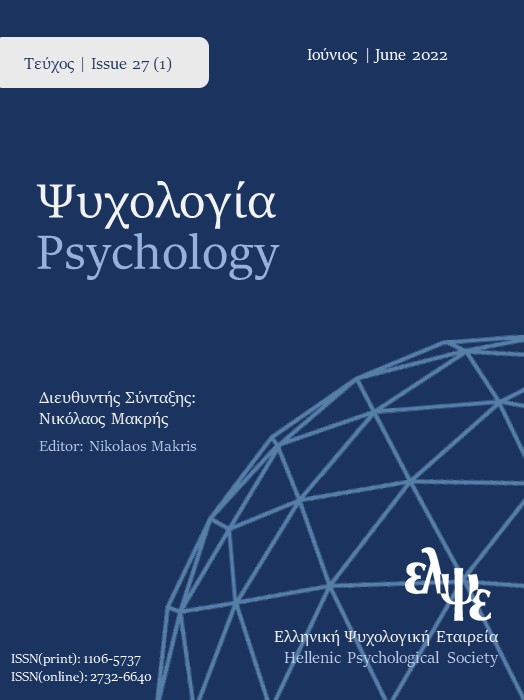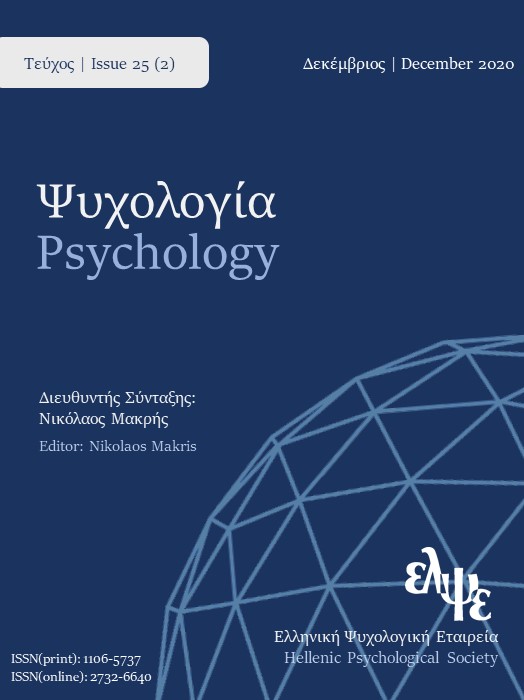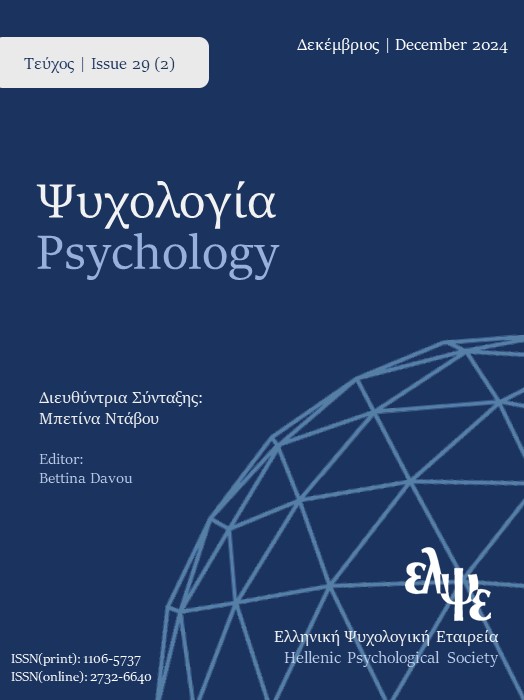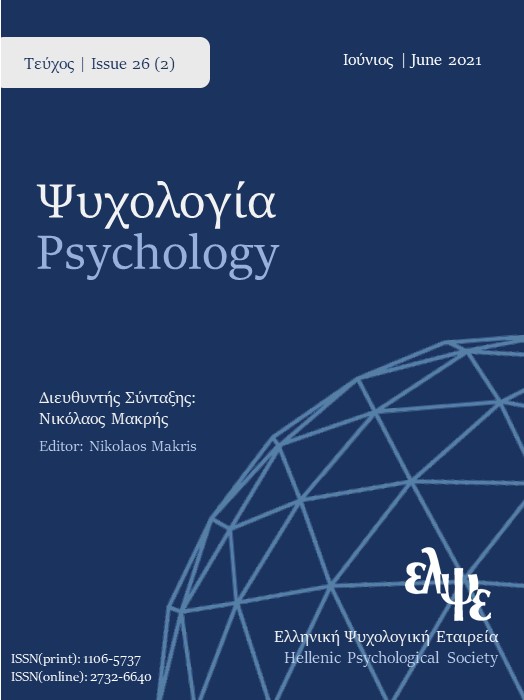Does paternal acceptance buffer the effect of maternal rejection on victimization in early adolescents? A short-term longitudinal study
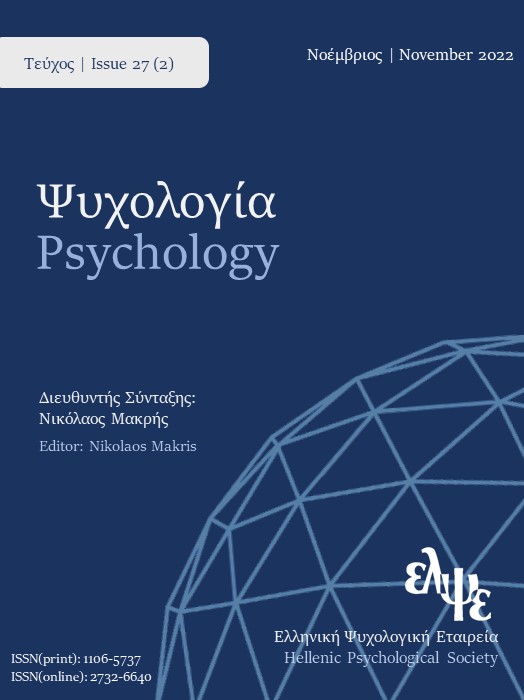
Abstract
Parental rejection is a significant predictor of adolescents’ social adjustment, including victimization. Despite the fact that parenting research has largely neglected the role of the father, there are indications that paternal acceptance can play a protective role against maternal rejection. The purpose of the present study was to clarify the effect of maternal rejection indicators on victimization, and to examine whether paternal acceptance moderates this effect, in a cross-cultural sample of 846 (Mage = 12.63, SDage = 1.01, Ngirls = 403) of Greek (N = 471) and Cypriot (N = 375) early adolescents, following a short-term longitudinal research design (six-month interval). Students completed self-report measures. Results indicated that the maternal rejection had a strong effect on victimization six months later, even when taking into account initial victimization levels, and that paternal acceptace moderated this effect to a large extend. The findings are discussed and suggestions for future research are given.
Article Details
- How to Cite
-
Charalampous, K., Tantaros, S., Georgiou, S., & Stavrinides, P. (2022). Does paternal acceptance buffer the effect of maternal rejection on victimization in early adolescents? A short-term longitudinal study. Psychology: The Journal of the Hellenic Psychological Society, 27(2), 8–20. https://doi.org/10.12681/psy_hps.31753
- Section
- SPECIAL SECTION

This work is licensed under a Creative Commons Attribution-ShareAlike 4.0 International License.
The journal PSYCHOLOGY adopts a Platinum open-access policy. Submission, processing or publication costs are waived by the Hellenic Psychological Society. Papers published in the journal PSYCHOLOGY are licensed under a 'Creative Commons Attribution-ShareAlike 4.0 International' licence. The authors reserve the copyright of their work and grant the journal the right of its first publication. Third-party licensees are allowed to use the published paper immediately after publication as they wish, provided they retain the defined by the license copyright formalities, regarding the reference to its author(s) and its initial publication in the journal PSYCHOLOGY. Moreover, any adjusted work should be shared under the same reuse rights, so with the same CC license.



